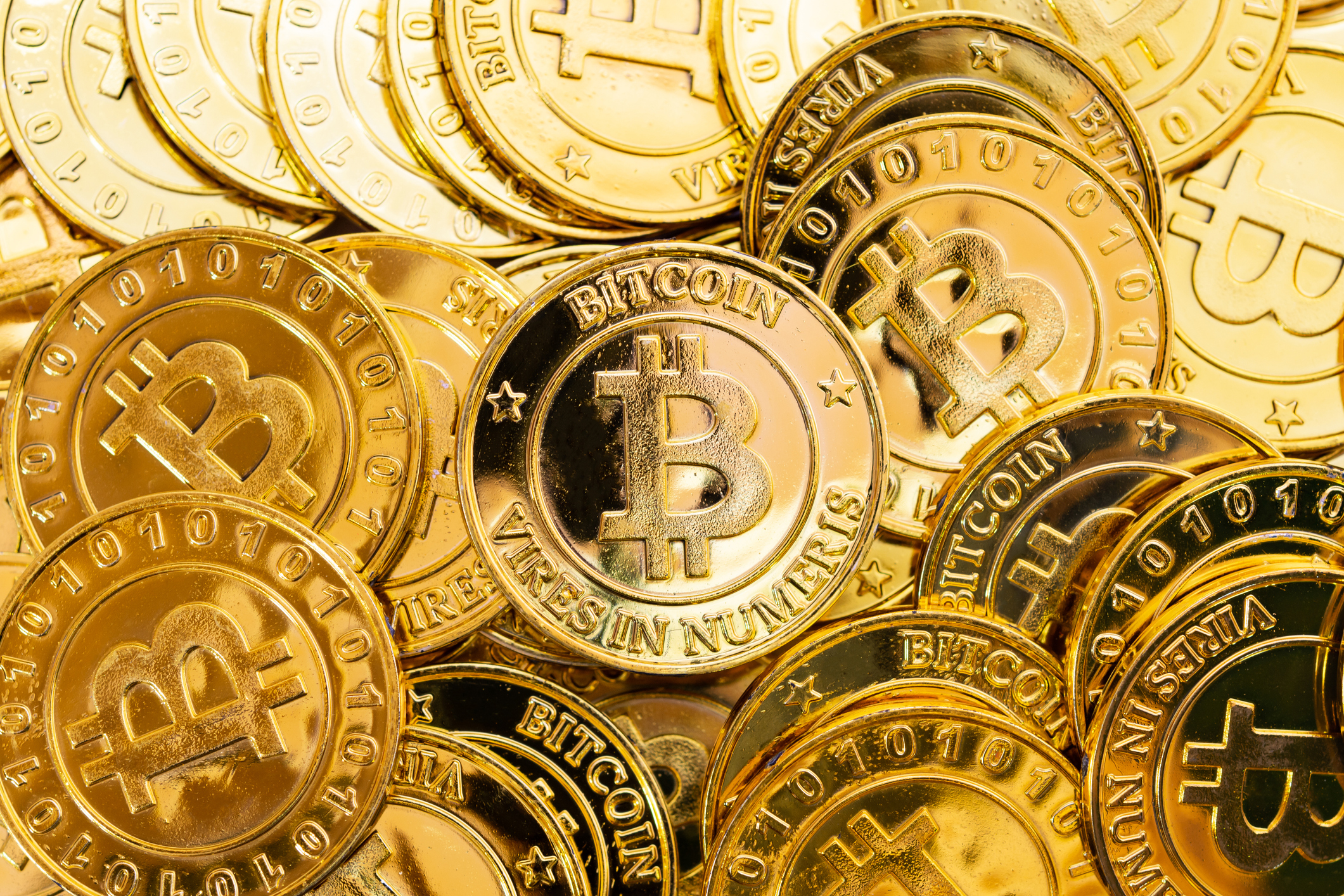At its annual shareholders meeting on Dec. 10, Microsoft investors will vote on whether or not the business can invest in Bitcoin (BTC 2.58%). Seeing the price of the digital asset soar 1,300% in the past five years and 140% just in 2024 (as of Dec. 9) is certainly drawing the attention of corporate executives who at least acknowledge that it might make sense to hold some Bitcoin on the balance sheet.
While no proposal is on the docket for Apple (AAPL -0.52%), the world’s most valuable company, I believe the consumer tech juggernaut should start thinking about the world’s top cryptocurrency. Here are four brilliant reasons why Apple should buy Bitcoin.
1. Apple’s cash pile
As of Sept. 28, Apple had $157 billion of cash, cash equivalents, and marketable securities on the balance sheet. This is partly attributable to the massive sums of free cash flow the business has consistently generated over the years, making the company one of the most financially sound on Earth.
While the management team has been focused on spending a lot of money on share buybacks, $95 billion in fiscal 2024 to be exact, there is still a lot of room to do other things. Apple has more cash than it knows what to do with, with fewer places to reinvest given that it’s harder to develop other game-changing products to drive meaningful growth.
Apple is in a unique position to buy Bitcoin or get even more creative. It could allow for the purchase of its products using Bitcoin, and maybe even add this capability directly into Apple Pay and Apple Card.
2. Bitcoin’s size
Bitcoin’s monumental rise in the past has transformed it from an esoteric internet money for cypherpunks to what is now becoming a globally recognized financial asset that carries a market cap of just under $2 trillion. That size makes the crypto liquid enough for Apple to invest even just 10% of its cash, cash equivalents, and marketable securities without causing any major price movements.
Right now, this means buying about $16 billion worth of Bitcoin, potentially spread out over multiple purchases over the course of a 12-month span, for example. After that, maybe just 1% of net income is allocated to Bitcoin every quarter. This small percentage also helps manage risk. Moreover, the launch of spot Bitcoin ETFs gives Apple a regulatory-compliant way of buying.
3. Inflation hedge
Apple’s cash, cash equivalents, and marketable securities consist of money market funds, U.S. and non-U.S. government debt, and corporate debt, among other things. Unless the business is taking on excessive risk here, I’d think that these figures barely keep up with inflation, which might be a persistent problem.
Bitcoin can be value-accretive for Apple, as it has been for other companies that have adopted this strategy. In the past five years, Bitcoin’s price has climbed at an annualized pace of 69%. Even if you assume that figure drops to 20% per year over the next decade, for instance, you can easily imagine how much value Apple would accrue by making Bitcoin a reserve asset.
4. Help lead the charge
Apple usually isn’t the first to introduce new products to market. This was true with the iPad, iPhone, MacBook, Watch, and AirPods. And more recently, it revealed its artificial intelligence (AI) plans well after other tech companies showed investors their AI strategies. The idea isn’t to be the fastest, but to be the best.
Companies like Block and MicroStrategy already directly own Bitcoin. If Apple followed in their footsteps, its sheer size and successful track record could still make it a trailblazer that results in many other businesses following the same move. That would lead to more demand for Bitcoin, which could result in a higher price.
I have no clue whether Bitcoin is on the radar of Apple’s executive team. But if the top cryptocurrency’s price keeps rising, it’s not a stretch to believe many publicly traded companies will consider owning it.
Neil Patel and his clients have no position in any of the stocks mentioned. The Motley Fool has positions in and recommends Apple, Bitcoin, Block, and Microsoft. The Motley Fool recommends the following options: long January 2026 $395 calls on Microsoft and short January 2026 $405 calls on Microsoft. The Motley Fool has a disclosure policy.

